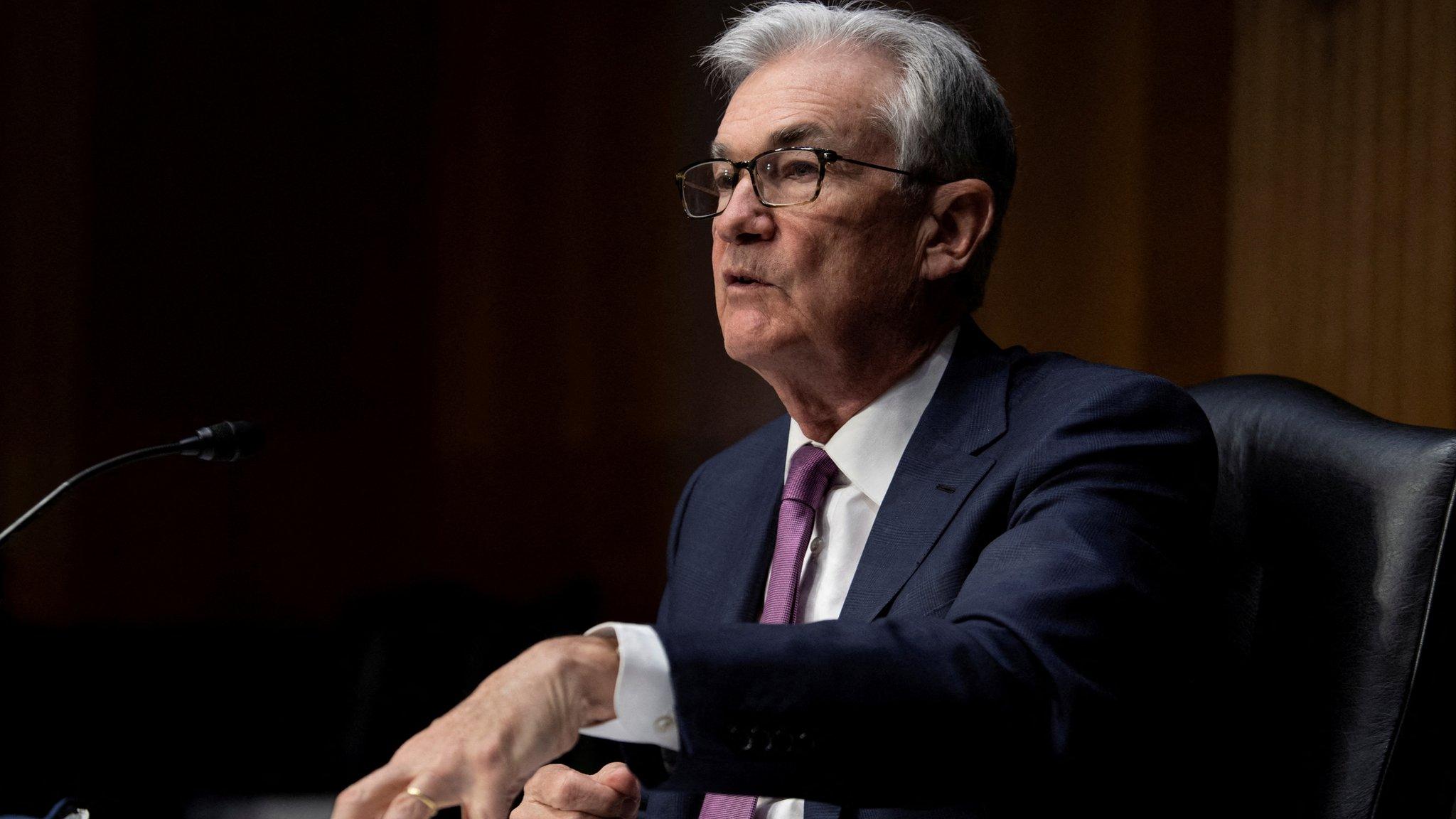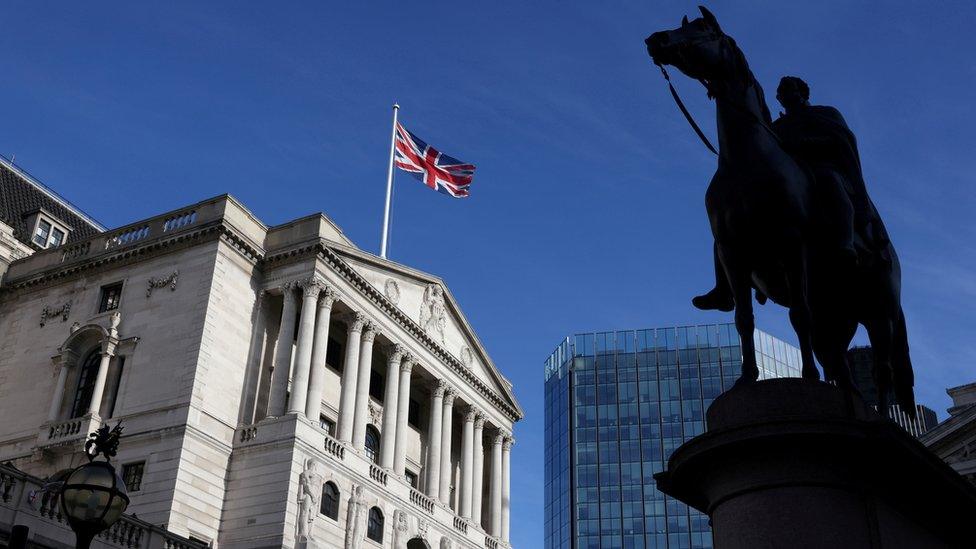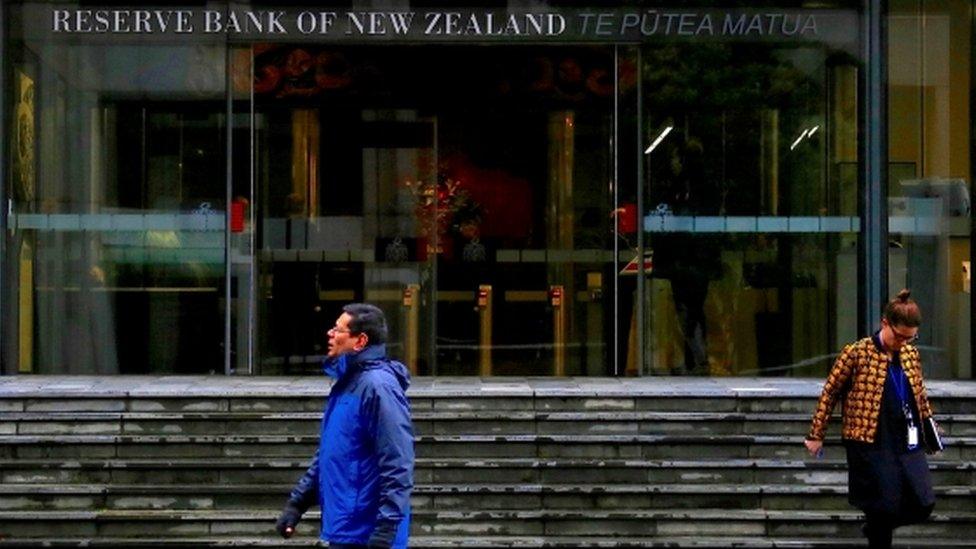Cost of living: New Zealand inflation tops three-decade high
- Published

New Zealand's annual inflation rate topped a three-decade high at the end of last year, official figures show.
The consumers price index (CPI) rose by 5.9% for the last three months of 2021, the fastest rate since mid-1990.
That was higher than expected and makes it almost certain that the Reserve Bank of New Zealand (RBNZ) will take further steps to curb rising living costs.
In October, New Zealand became one of the first developed economies to raise rates since the start of the pandemic.
"New Zealand is not alone, with many other OECD [Organisation for Economic Co-operation and Development] countries experiencing higher inflation than in recent decades," Aaron Beck from Stats NZ said.
Prices for construction and rentals for housing jumped, while petrol prices also increased by 30% in the year to the last quarter of 2021, Stats NZ said.
The RBNZ has raised rates twice at its last two meetings and signalled that it is ready to take further action to tackle inflation and soaring property prices.
Policy makers are scheduled to make their next interest rate decision on 23 February.
It comes as the central banks of major economies around the world are taking steps to clamp down on the rising cost of living.
On Wednesday, the US central bank said it was poised to raise interest rates as it unwinds the support it has provided the world's largest economy since the start of the pandemic.
The Federal Reserve, like its counterparts in around the world, is under pressure to rein in inflation after figures showed that prices in the US had risen at the fastest rate in almost 40 years.
In December, the Bank of England raised interest rates for the first time in more than three years and is expected to do so again in February.

You may also be interested in:
Inflation rate: How it affects you, beer and bacon sandwiches
Related topics
- Published26 January 2022

- Published26 January 2022

- Published23 January 2022

- Published16 December 2021

- Published6 October 2021
